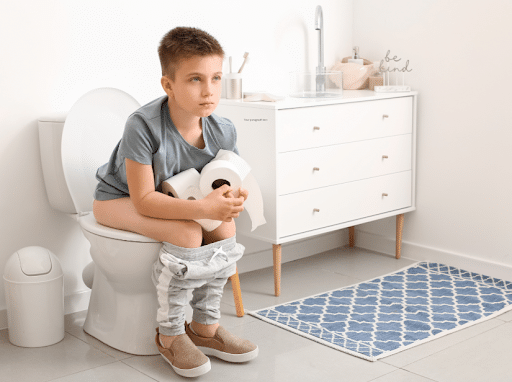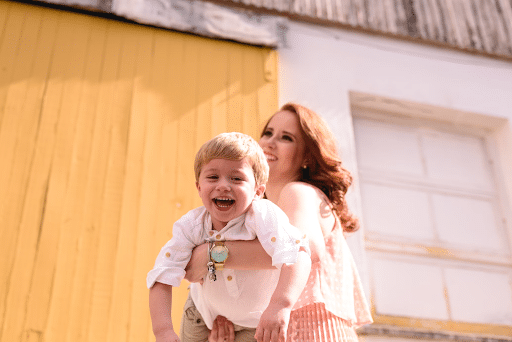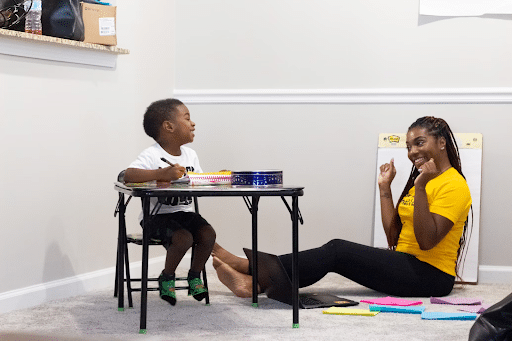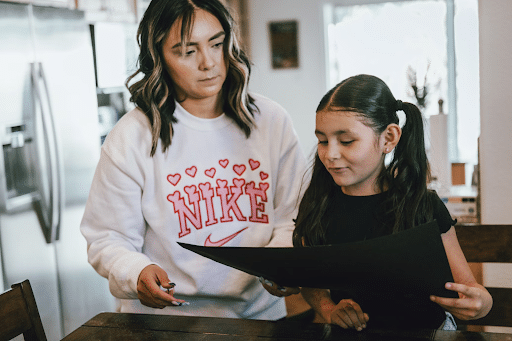Talking about toileting challenges isn’t easy—for kids, parents, or even therapists. Bowel and bladder dysfunction often carries feelings of embarrassment, frustration, or even guilt for families. As a pediatric pelvic health therapist, you must be confident and tactfully approach these sensitive conversations with clarity and empathy.
Bowel and bladder dysfunction in children is more common than most families realize, yet it remains one of the most stigmatized and misunderstood pediatric health concerns. From chronic constipation and bedwetting to daytime leaks, these issues can impact a child’s physical health, emotional well-being, and social development. Parents often wonder if they’re doing something wrong or if their child will simply “grow out of it.”

For pediatric pelvic health therapists, discussing these toileting challenges isn’t just about addressing the physical symptoms—it’s about helping families understand the “why” behind the issues, offering practical solutions, and fostering hope. These conversations can be the turning point for many families, transforming feelings of shame and confusion into empowerment and action.
This blog will guide you through how to have open, productive discussions with families about bowel and bladder dysfunction—turning awkward moments into opportunities for education and support.
Why Conversations About Bowel And Bladder Dysfunction Are Tough Yet Important
Bowel and bladder dysfunction can be a deeply emotional topic. For parents, there’s often a deep emotional weight tied to their child’s struggles. They may feel guilt, shame, or even frustration, thinking they’ve somehow failed their child. Kids, on the other hand, might feel embarrassed or think they’re “bad” for having bowel or bladder issues, which can chip away at their self-esteem.
Many parents simply don’t realize that toileting challenges like chronic constipation, bedwetting, or daytime accidents aren’t behavioral quirks- often have a physical root. Without proper education, families may delay seeking help, thinking the child will outgrow it, which can make the problem worse over time.

As a pediatric pelvic health therapist, you are uniquely positioned to bridge the gap between confusion and clarity. By explaining bowel and bladder dysfunction in a simple, non-judgmental way, you can help families understand what’s really going on and, more importantly, how they can help their child overcome these challenges.
Setting The Stage For A Supportive Conversation About Childhood Toileting Challenges
Creating a safe, judgment-free environment is key. Start by reassuring parents that bowel and bladder dysfunction is incredibly common and not a reflection of their parenting. Something as simple as saying, “You’re not alone—many kids struggle with this, and there are great strategies to help,” can immediately put them at ease.
When talking directly to the child, use kid-friendly, positive language to reduce any feelings of embarrassment. Instead of calling them “accidents,” use the term “leaks”. This small change can make a big difference in how a child perceives their situation. In a previous blog post, I discussed why you should never use the term “accident” and how you can instead talk about “leaks” with kids and parents. I tell the kids that my office has lots of kids just like them who come to see me!
When speaking with parents, focus on creating space for them to share observations and concerns. This approach fosters meaningful dialogue and will help you gather crucial insights into the child’s toileting habits.

How To Explain Bowel And Bladder Dysfunction To Families Without Overwhelming Them
Helping families understand bowel and bladder issues requires clear, relatable explanations. Instead of overwhelming them with medical jargon, use simple language and visuals to illustrate how the body works. I use pediatric anatomy apps and models to help.
Normalizing these challenges is essential. Educate families with straightforward, reassuring information to help reduce the stigma and encourage them to seek support. Letting parents know how common these issues are can ease feelings of isolation and self-blame, opening the door for productive conversations and solutions.
Many parents don’t realize how closely the bowel and bladder are connected. Explaining that chronic constipation can lead to bladder dysfunction, which can cause accidents or urgency, can be a game-changer for families.
Families need actionable steps they can implement right away. Empower them with actionable tips:
- Establish a toileting routine
- Encourage hydration and fiber-rich foods
- Practice belly breathing to relax pelvic floor muscles
- Use reward charts for positive toileting behaviors versus being wet or dry
Highlight how pediatric pelvic floor therapy addresses the root causes of bowel and bladder dysfunction through exercises, posture correction, and behavioral strategies.

Supporting Families With Empathy And Practical Solutions
Sometimes, toileting challenges go beyond the physical. Some children may develop anxiety around using the toilet due to past painful experiences. Acknowledging these emotional layers is essential. In such cases, incorporating play into therapy sessions or using trauma-informed approaches can help the child feel more at ease.
It’s also important to recognize when it’s time to refer families to other specialists. If you notice signs of severe anxiety or emotional distress related to toileting, as discussed in a previous blog post, collaborating with pediatric psychologists can provide the additional support the family needs.
End the conversation on a positive and encouraging note. Acknowledge the parents’ dedication and reassure them that progress is possible. Emphasizing their commitment to finding solutions can boost their confidence and motivate them to follow through with recommendations.

Providing families with reassurance and a clear path forward can have a profound impact on their journey. Celebrating small wins along the way helps parents and children stay motivated and engaged in the process. Whether it’s fewer accidents, improved confidence, or better sleep, acknowledging progress reinforces the effectiveness of therapy and encourages continued effort.
Do you want to feel more confident with guiding families through pediatric bowel and bladder dysfunction? My Peds Level 1 course gives you the tools and strategies to make these conversations easier—and provide your families with effective care. Enroll in my live, virtual course hosted April 26-27, 2025 to get the most out of the online learning experience!
